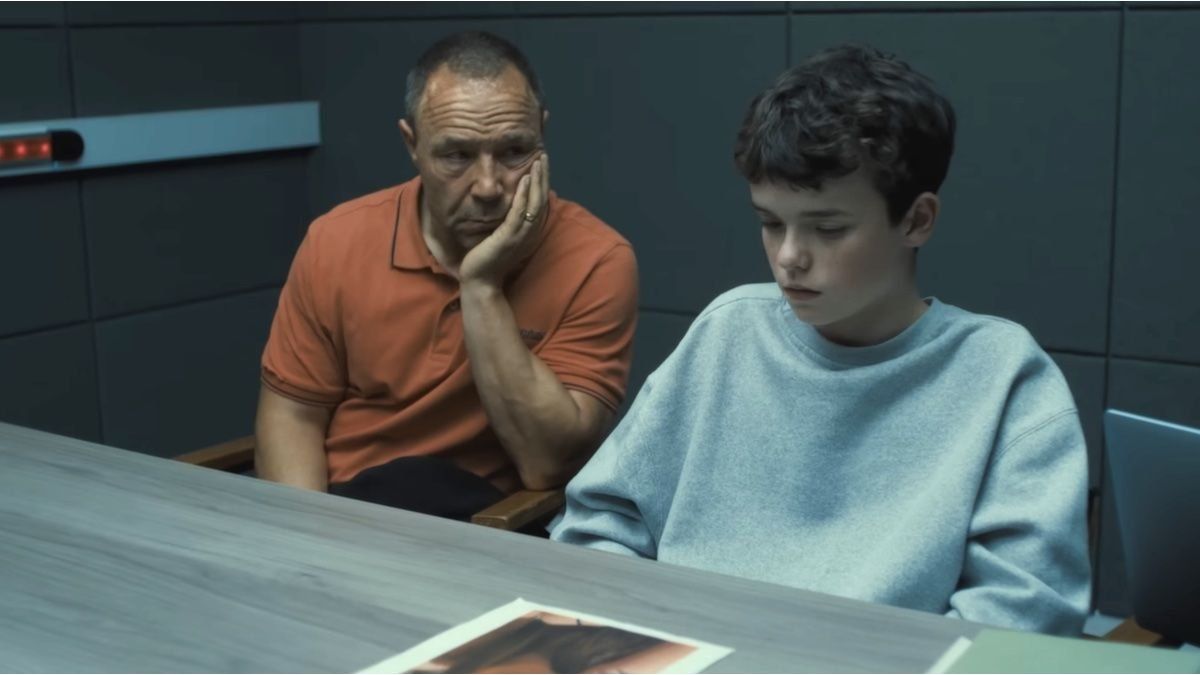Why is it that the adolescence series seen in Netflix is giving so much to speak? Why does it move us so much, it challenges us, distress us and it seems that even relieves when the protagonist dares to confess the truth? Maybe because an identity seems to charge by saying “I was”, being able to think and feel responsible for an atrocious act. Who was he until that moment if little was made locked up most of the time in a room?
How much does it “weave” an approach with a teenager, relating the knitting to the most artisanal of each encounter and each link and, with the possibility of generating a plot that makes edge, support, support for any stumble or fall to be better tolerated.
The technology came to add their own complexity in the links, the neighborhood It was lost as a loving community aging space, having to be attentive to the proliferation of Virtual communities.
Sport is presented to me as that “good enough” space as long as, he creates learning and personal development contexts where young people find through it, opportunities for socialization, working on strengths and difficulties, developing waiting times, frustration tolerance, daily routines in the effort to achieve strong objectives and ties among teammates.
Run from the ruthless influence of the networks that impacts the Fragility of the adolescent stageE, giving rise to other spaces, opening and making known other options, is part of the responsibility we have as adults.
He sport With its training character emphasizes the processes, prepares for beyond Sunday and transcends the result, developing competences for life.
Not only are parents responsible for educating, caring for and loving young adolescents. Teachers, teachers, coaches, neighbors, parents of friends and, every adult who feels questioned to collaborate with future generations, are responsible for being included in the experiential plot that is woven between them.
In this sense, not only from his condition as trainer the role of the coach, his knowledge of the young athletes, places it in a privileged place of observation and detection, both of skills and potential in some, and of disadvantage in others, and not referring to the game especially, but to deficiencies, called of care or unjustly behaviors.
I, in particular, I think that space “Good enough” From sport they feel foundations for young people to generate autonomy, have initiative, learn that you do not always win or win at any cost, that there are values that support the game and exchanges in a team, that sport or games can happen but friends remain, that you can always find better solutions to problems, be happy or sad but give up or accommodate violence, it is never an option.
The space of the club, of the training or the party provides the alternative of becoming a place where parents, mothers and children weave exchanges, opinions, dialogues and actions that bring more and leave lesswhere it is an opportunity for adults to encourage and recognize that young athlete for the simple fact of participating, for daring to disconnect from the computer and run the risks that imply linking with others. Getting up from the chair, assembling the bag and thinking about Sunday’s game, is the first step.
MAG In Sports Psychology, postgraduate in AF and Health, Health Coach. Teacher of coaches, advisor of athletes from different disciplines and teams from training to high performance. Olympic academist. President of the Psychophysical Welfare Cap: Game, AF and Sports, AASM.
Source: Ambito
David William is a talented author who has made a name for himself in the world of writing. He is a professional author who writes on a wide range of topics, from general interest to opinion news. David is currently working as a writer at 24 hours worlds where he brings his unique perspective and in-depth research to his articles, making them both informative and engaging.




